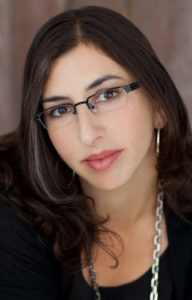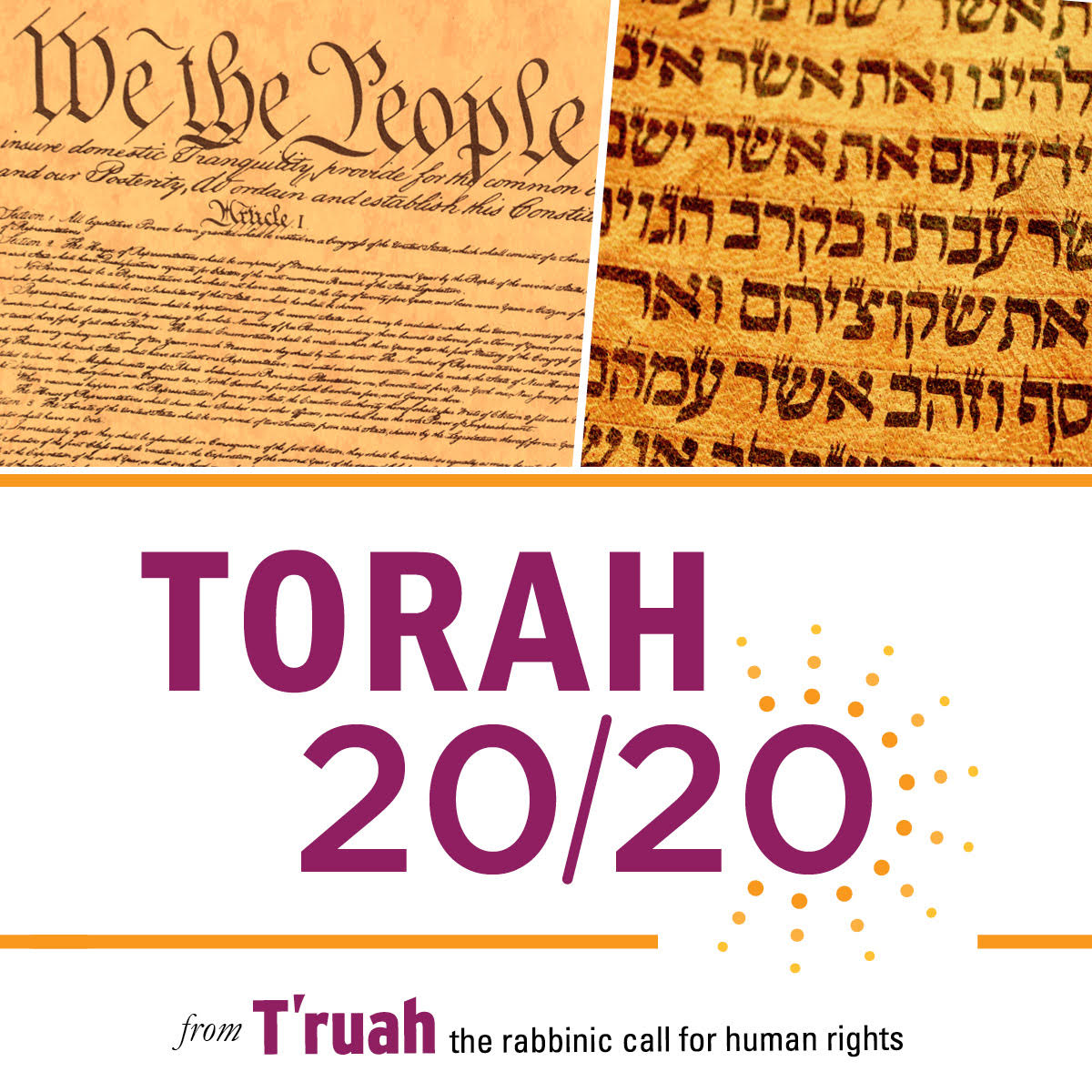It is a brand new year. A time for new beginnings, for fresh starts. A time to create the world, anew.
And it’s a time when we can see the possibility of a new chapter for the United States–and for Israel. It’s a moment when we see openings for change on the political horizon, but when things have not yet changed. Impeachment hearings have begun. The 2020 election is in a little over a year. The questions about who will lead the Israeli government and in what coalition, with what agenda, are still unclear.
We do know how much pain and suffering has been caused up until now. Both in the United States and Israel, heads of state have been fanning the flames of racist incitement, attacking the free press, and showing willful disregard for human rights, safety and freedom. Netanyahu, among other things, has been doubling down on the brutalities of Occupation and opening the conversation towards annexation, while Trump’s cruelties have included separating families, detaining migrants in inhumane conditions, and all but outlawing asylum as a path to legal status.
Sign up to receive Torah 20/20 in your inbox each week.
This moment, on the precipice of what could prove to be a turning point for both countries, is a good one for remembering one of the foundational texts of human rights work.
“And God created humankind in God’s image, in the image of God God created it.” (Genesis 1:27)
In a lot of ways, what it means to be created in the divine image depends a lot on what you think God is.
The 11th century French commentator Rashi says that it’s that we’re given the ability to understand and reason; the 15th-16th century Italian commentator Sforno says it’s that we have access to spiritual connection; the 18th century Moroccan Kabbalist Or HaChaim says that it means that we’re endowed with capacity both for justice and for mercy. Rav Abraham Isaac Kook, the late 19th-early 20th century chief rabbi of British Mandate Palestine, said that it’s that we were given free will.
However you understand the meaning of this verse, there’s one thing that’s clear: All human beings are created in the image of holiness, of light. All of us. Every last one of us.
Including unjustly arrested juveniles held on Rikers Island because their families can’t afford cash bail. Including people victimized by predatory loans. Including children held in freezing detention camps, without adequate nutrition, sanitation or medical care. Including lonely, desperate people being radicalized by Internet chat rooms. Including politicians who let their vote be driven by money from corporate interests. Including workers out in agricultural fields forced to work in exploitative conditions. Including people who have hurt us. Including the people we have hurt. Every last one of us. Full of potential to bring shining, holy light into the world.
This doesn’t mean that we embrace all behavior as acceptable. Actions have consequences, and justice demands that we hold people accountable for their choices and their impact. Rather, it means that we must work to ensure that every cultural norm, every public policy, every law, every joke we make honors the humanity and dignity of every person.
Find more commentaries on Parshat Bereshit
It means that we need to focus our attention on what people say and do, and resist the temptation to fall into the same trap as those who oppress, marginalize and demean. We need to center the inherent holiness of every human being, and to not use the tools of dehumanization, even against those perpetrating harm.
And most of all, we need to know that we have an obligation to fight for every single human being, every last one of us—each of us sacred, each of us valuable, each deserving of life, liberty, and the pursuit of happiness. This is our work. It will always be our work.
 As we begin a new chapter of the Torah cycle, and perhaps a new chapter in our public life, we must ask ourselves: What do each of us–bringing our own, divinely-created capacities and passions to the work– need to do to begin to undertake the task at hand? And how can we all join together to create powerful, lasting transformation? As Rav Kook, the first chief rabbi of Israel, wrote, “Everyone must know that within them burns a candle–and that no one’s candle is identical with the candle of another, and that there is no human being without a candle. One is obligated to work hard to reveal the light of one’s candle in the public realm for the benefit of the many. One needs to ignite one’s candle and make of it a great torch to enlighten the whole world.”
As we begin a new chapter of the Torah cycle, and perhaps a new chapter in our public life, we must ask ourselves: What do each of us–bringing our own, divinely-created capacities and passions to the work– need to do to begin to undertake the task at hand? And how can we all join together to create powerful, lasting transformation? As Rav Kook, the first chief rabbi of Israel, wrote, “Everyone must know that within them burns a candle–and that no one’s candle is identical with the candle of another, and that there is no human being without a candle. One is obligated to work hard to reveal the light of one’s candle in the public realm for the benefit of the many. One needs to ignite one’s candle and make of it a great torch to enlighten the whole world.”
Rabbi Danya Ruttenberg is the author of Nurture the Wow, Surprised By God, and other books. You can follow her on Twitter at @TheRaDR.

